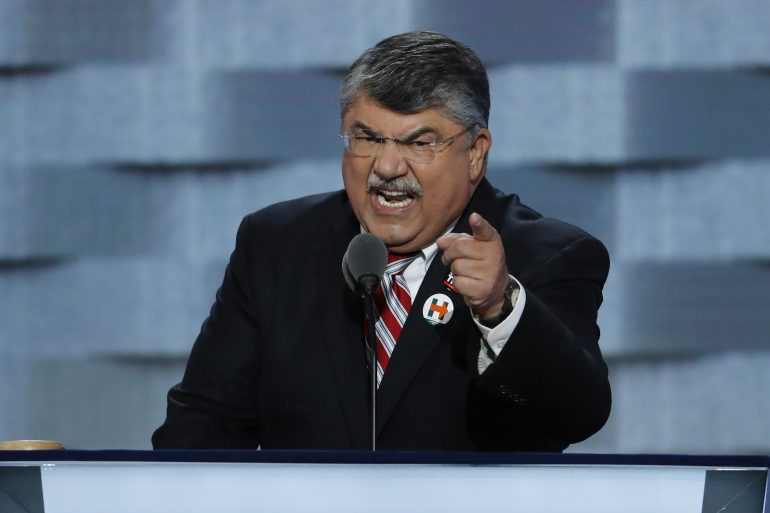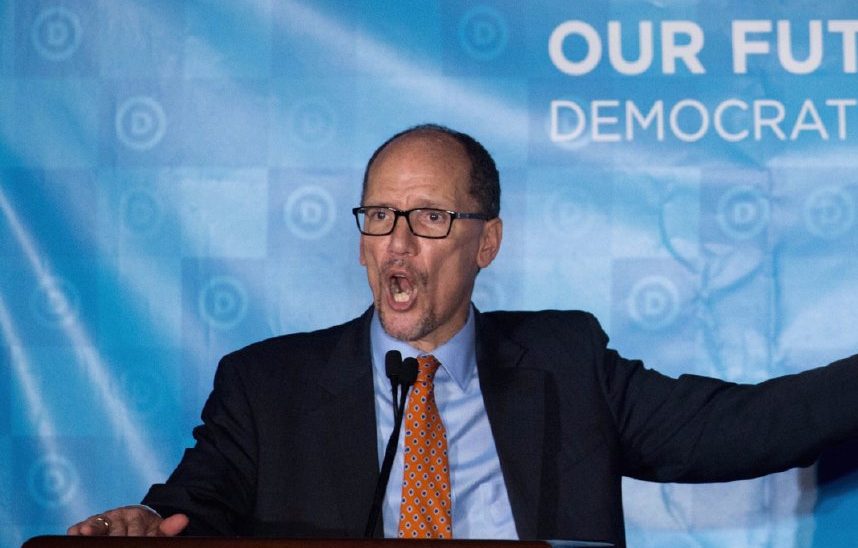One would think that, when union members pay union dues, the money would pay for the time their union representatives spend representing them on the job.
Well, that’s not always the case. Both, in the private sector and the public sector, it is not unheard of for an employer to agree to pay for the union representatives’ time spent in talking with members to drum up investigate grievances and meet with management.
In the private sector, an employer who chooses to pay union representatives to do union business does so at his (or his shareholders) own expense.
In the public-sector, however, when management agrees to pay union representatives to do union business, that comes straight from taxpayers’ pockets.
Under President Carter’s Civil Service Reform Act of 1978, union representatives who are employed by the federal government are able to take time away from their normal duties as public servants to do union business, such as members
In pure Washington speak, this is known as “official time.” By looking at the definition of official time [here], you’ll see that it is pretty broadly defined.
To give you an example of how much of taxpayers’ money is blown on “official time,” in 2008, there were 2,893,922 hours spent doing union at a cost of nearly $121 million.
In 2009, however, as noted by the Competitive Enterprise Institute’s Vincent Vernuccio (a former Labor Department official), the number of hours union representatives did union work at taxpayer expense increased to 2,911,378 paid hours at a cost of $129,100,798.
In January, Rep. Phil Gingrey, Georgia Republican, introduced the Federal Employee Accountability Act of 2011 (H.R. 122), in an effort to curb the abuse of taxpayer dollars that “official time” causes. Here is the summary:
Federal Employee Accountability Act of 2011- Repeals provisions: (1) authorizing a federal employee representing an exclusive representative in the negotiation of a collective bargaining agreement official time for such purpose during the time such employee otherwise would be in a duty status; and (2) requiring the Federal Labor Relations Authority (FLRA) to determine whether any employee participating for, or on behalf of, a labor organization in any phase of proceedings before it shall be authorized official time for that purpose.
On Wednesday, the Subcommittee on Federal Workforce, U.S. Postal Service, and Labor Policy held a hearing on “official time” [full video here].
Among the witnesses at Wednesday’s hearing was CEI’s Vincent Vernuccio, who spoke to Fox News’ Stuart Varney about the circular change surrounding “official time.”
For their part, union bosses are aghast that Congress would consider repealing their ability to do union business at taxpayer expense.
According to a press release by the American Federation of Government Employees, federal employees who are union representatives are “volunteers” [except they’re being paid, of course…with tax dollars.]
“Through official time, employee representatives are able to work together with federal managers to use their time, talent and resources to make our government even better. Gains in quality, productivity and efficiency – year after year, in department after department – simply would not have been possible without the reasonable and sound use of official time,” [AFGE President John] Gage said in testimony before the House Oversight and Government Reform Subcommittee on the Federal Workforce, U.S. Postal Service and Labor Policy.
By using Gage’s reasoning, one wonders why unions charge union dues at all, given that they’re entitled to taxpayers’ money.
_________________
“I bring reason to your ears, and, in language as plain as ABC, hold up truth to your eyes.” Thomas Paine, December 23, 1776
X-posted.
Photo Credit: Grzegorz Łobiński







Unions and lobbists should not be allowed in govt.. In any way. It’s all crooked.